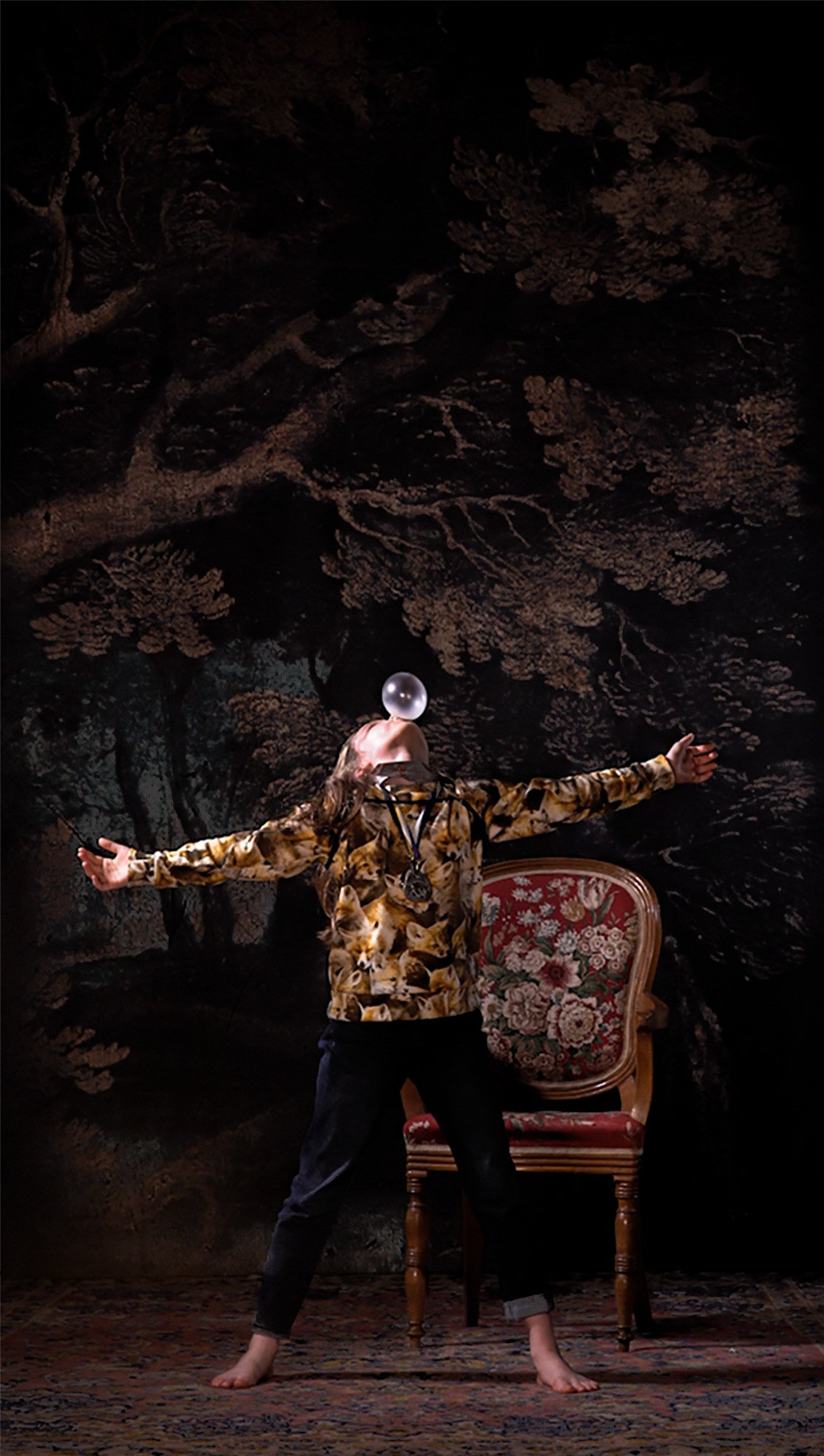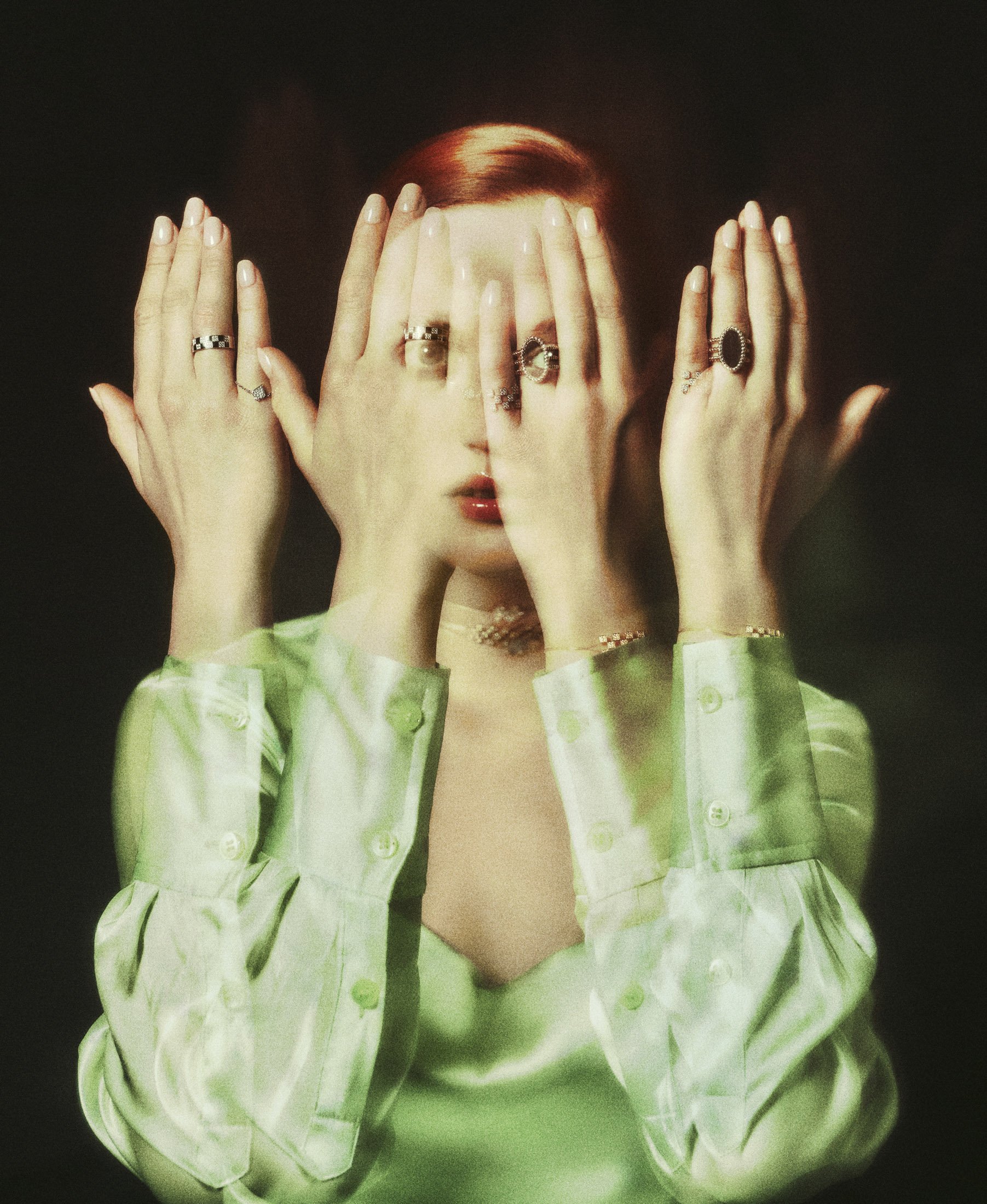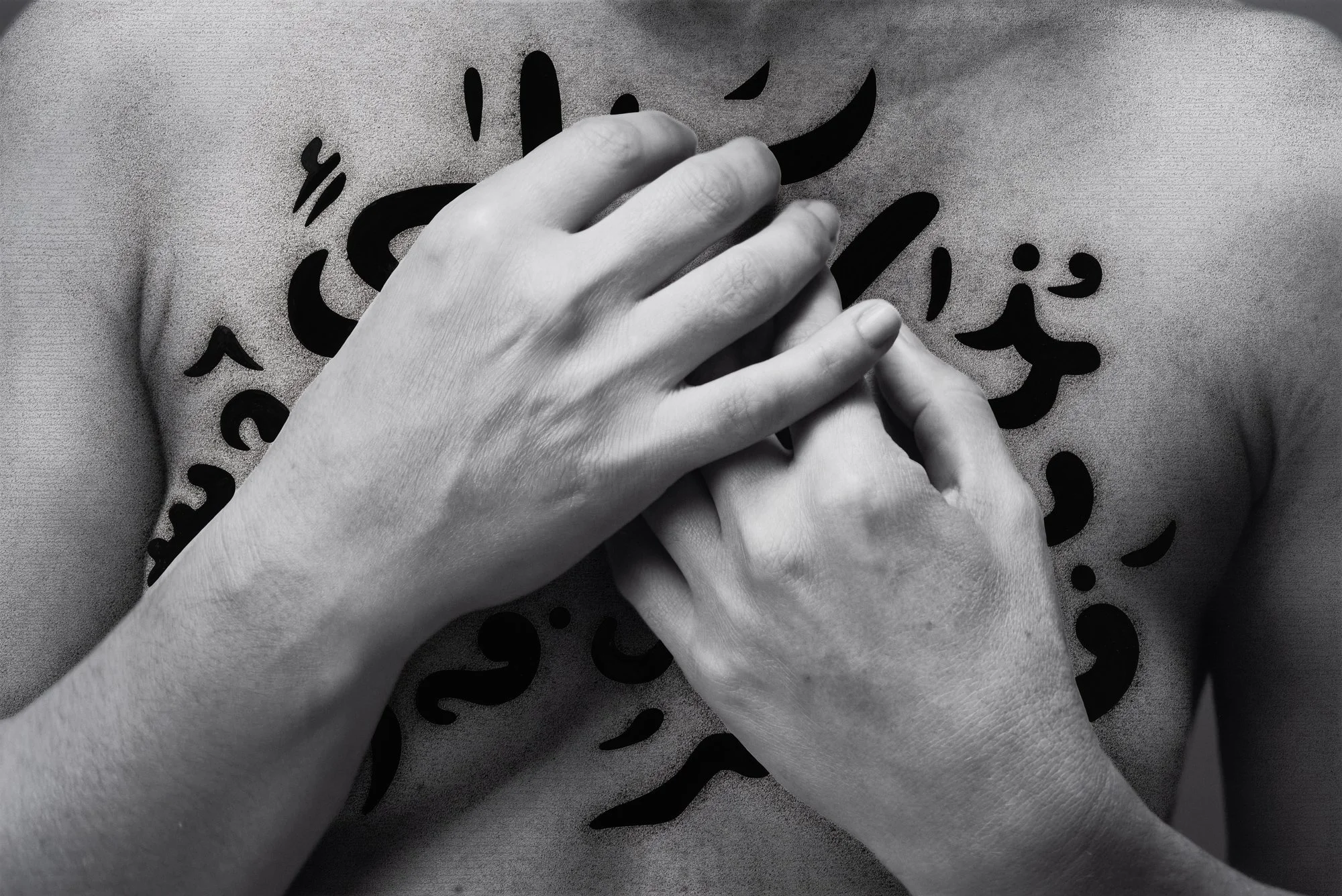
WE WILL SLAM YOU WITH OUR WINGS - Joanna Dudley | Fotografiska | Berlin
Fotografiska | Berlin
17. Mai – 15. September 2024
WE WILL SLAM YOU WITH OUR WINGS
Joanna Dudley
WE WILL SLAM YOU WITH OUR WINGS (Kittu Hoyne), 2022, © Dudley Meyburgh
Die Videoinstallation, die auf sieben Bildschirmen gezeigt wird, erinnert uns daran, dass wir an uns gerichtete Erwartungen überwinden können. Im Zentrum der Installation steht eine alternative Erzählung: Sechs Mädchen im Alter von acht bis 16 Jahren übernehmen die Kontrolle über ihre eigene Zukunft, die im Gegensatz zu dem für sie vorbestimmten Weg steht. Jede von ihnen stellt das Schicksal von weiblichen Protagonistinnen in renommierten Opernarien in Frage. Statt einem tragischen Ende sehen wir, wie Dido, Tosca, Madame Butterfly, Salome, Brünnhilde und Suor Angelica ihr Schicksal überwinden. Durch den kraftvollen Einsatz von Sound tauchen wir in einen Mix aus renommierten Opernarien und den siegreichen Stimmen der Mädchen ein.
Joanna Dudley übernimmt die Rolle der Anführerin, die die Mädchen und Teenager ermutigt, die Autonomie über ihre eigenen Stimmen einzufordern. Dabei symbolisiert sie zeitgleich eine erwachsene Kraft, gegen die sie sich behaupten müssen. Dudley wandelt die Reden männlicher Diktatoren und Anführer wie Benito Mussolini und Joseph Goebbels in feministischen Schlachtruf um.
Die Mädchen imitieren in ihren Gesten koloniale Porträts von Imperialisten, jedoch mit einem entscheidenden Unterschied. Weg sind die opulenten Darstellungen mächtiger weißer Männer. Stattdessen sehen wir junge Mädchen, die in ihren eigenen Insignien gekleidet sind und ihre eigene Macht behaupten.
„Wir haben die Macht zu entscheiden, wer und was wir sein wollen“, sagt Dudley. „Durch WE WILL SLAM YOU WITH OUR WINGS erkämpfen sich diese Mädchen die Macht, ihr eigenes Schicksal zu gestalten.“
Diese jungen Mädchen sind gemeinsam die Anführerinnen, die Armee, der Chor, das Rudel, die Gemeinschaft und die Stimme der Zukunft. Dudley gibt damit ungehörten Stimmen den Raum und fordert uns dazu auf, darüber nachzudenken, wie die Gegenwart für uns konstruiert wurde.
WE WILL SLAM YOU WITH OUR WINGS (Beatrix Juno Dudley), 2022, © Dudley Meyburgh
L'installation vidéo, diffusée sur sept écrans, nous rappelle que nous pouvons dépasser les attentes qui nous sont adressées. Au cœur de l'installation se trouve un récit alternatif : six jeunes filles âgées de huit à seize ans prennent le contrôle de leur propre avenir, qui va à l'encontre de la voie qui leur a été tracée. Chacune d'entre elles transmet le destin de protagonistes féminines dans des airs d'opéra renommés. Au lieu d'une fin tragique, nous voyons comment Dido, Tosca, Madame Butterfly, Salomé, Brünnhilde et Suor Angelica surmontent leur destin. Grâce à une utilisation puissante du son, nous sommes plongés dans un mélange d'airs d'opéra renommés et de voix victorieuses de jeunes filles.
Joanna Dudley joue le rôle de la meneuse, encourageant les filles et les adolescentes à revendiquer l'autonomie de leurs propres voix. Ce faisant, elle symbolise en même temps une force adulte contre laquelle elles doivent s'affirmer. Dudley transforme les discours de dictateurs et de leaders masculins comme Benito Mussolini et Joseph Goebbels en cris de guerre féministes.
Les filles imitent dans leurs gestes des portraits coloniaux d'impérialistes, mais avec une différence décisive. Les représentations opulentes d'hommes blancs puissants ont disparu. A la place, nous voyons des jeunes filles vêtues de leurs propres insignes et affirmant leur propre pouvoir.
"Nous avons le pouvoir de décider qui et ce que nous voulons être", dit Dudley. "Grâce à WE WILL SLAM YOU WITH OUR WINGS, ces jeunes filles se battent pour avoir le pouvoir de façonner leur propre destin".
Ensemble, ces jeunes filles sont les leaders, l'armée, le chœur, la meute, la communauté et la voix de l'avenir. Dudley donne ainsi la parole à des voix non entendues et nous invite à réfléchir à la manière dont le présent a été construit pour nous.
WE WILL SLAM YOU WITH OUR WINGS (Ruth Alice McIlleron), 2022, © Dudley Meyburgh
L'installazione video, proiettata su sette schermi, ci ricorda che possiamo superare le aspettative che ci vengono poste. Al centro dell'installazione c'è una narrazione alternativa: sei ragazze di età compresa tra gli otto e i 16 anni prendono il controllo del proprio futuro, che contrasta con il loro percorso predeterminato. Ognuna di loro si interroga sul destino delle protagoniste femminili di celebri arie d'opera. Invece di un finale tragico, vediamo Didone, Tosca, Madama Butterfly, Salomè, Brünnhilde e Suor Angelica superare il loro destino. Grazie al potente uso del suono, siamo immersi in un mix di rinomate arie d'opera e nelle voci vittoriose delle ragazze.
Joanna Dudley assume il ruolo di leader, incoraggiando le ragazze e le adolescenti a rivendicare l'autonomia della propria voce. Allo stesso tempo, simboleggia una forza adulta contro la quale devono affermarsi. Dudley trasforma i discorsi di dittatori e leader maschili come Benito Mussolini e Joseph Goebbels in grida di battaglia femministe.
Le ragazze imitano i ritratti coloniali degli imperialisti nei loro gesti, ma con una differenza decisiva. Sono sparite le opulente rappresentazioni di potenti uomini bianchi. Al contrario, vediamo giovani ragazze vestite con i loro stessi abiti e che affermano il proprio potere.
"Abbiamo il potere di decidere chi e cosa vogliamo essere", dice Dudley. "Con WE WILL SLAM YOU WITH OUR WINGS, queste ragazze lottano per il potere di plasmare il proprio destino".
Insieme, queste ragazze sono i leader, l'esercito, il coro, il branco, la comunità e la voce del futuro. Dudley dà spazio a voci inascoltate e ci invita a riflettere su come il presente è stato costruito per noi.
WE WILL SLAM YOU WITH OUR WINGS (Tabatha Howard), 2022, © Dudley Meyburgh
On 17 May 2024, Fotografiska will open WE WILL SLAM YOU WITH OUR WINGS, an empowering sevenscreen video installation that reminds you of your power to rise against expectations. At the heart of installation lies a transformative narrative: six girls aged eight to 16 take ownership of their own future in contrast to the traditional path laid out for them. Each one challenges the fate of women in renowned operatic arias, where instead of facing a tragic end, you witness Dido, Tosca, Madame Butterfly, Salome, Brünnhilde and Suor Angelica conquer. With the powerful use of sound, you are immersed in a blend of renowned operatic arias and the triumphant voices of the girls themselves.
The artist herself, Joanna Dudley, takes on the role of the chieftan who encourages the girls and teenagers to take autonomy over their own voices. At the same time, she represents the forces they must overcome; channelling notorious speeches of male dictators and leaders, such as Joseph Goebbels and Benito Mussolini, transforming them into a feminist war cry.
The artist herself, Joanna Dudley, takes on the role of the chieftan who encourages the girls and teenagers to take autonomy over their own voices. At the same time, she represents the forces they must overcome; channelling notorious speeches of male dictators and leaders, such as Joseph Goebbels and Benito Mussolini, transforming them into a feminist war cry.
“We have the power to decide who and what we want to become,” says Dudley. “Through WE WILL SLAM YOU WITH OUR WINGS, these girls reclaim the power to choose their own fate.”
These young girls combined are the leaders, the army, the chorus, the pack, the collective and the future voice. In this way, Dudley gives space to unheard voices and challenges you to consider how your present is constructed for you.
(Text: Fotografiska, Berlin)










